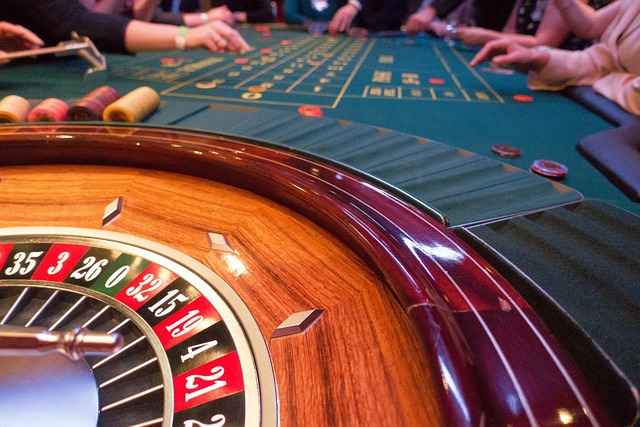Inside the Mind of a Crazy Time Addict: All You Need to Know

Gambling addiction is a serious and often devastating condition that can have profound effects on a person’s life. While many people enjoy gambling as a form of entertainment or relaxation, for others it can become an all-consuming obsession that takes over their thoughts, emotions, and behaviors. This is the story of one person’s experience with gambling addiction, and their struggle to overcome the destructive cycle of Crazy Time Results obsession, regret, and despair that it brought into their life.
For the purposes of this article, we will call this person “John,” although their name and some details have been changed to protect their privacy.
Gambling Addiction:
John’s addiction to gambling began innocuously enough, with occasional visits to the casino with friends or family. At first, he saw it as a fun and harmless way to pass the time and potentially win some extra money. However, over time, he found himself becoming more and more obsessed with the thrill of gambling, and the possibility of hitting it big.
It started with small bets on slot machines and table games but soon escalated to larger and riskier wagers. He found himself spending more and more time at the casino, neglecting his work, relationships, and other responsibilities in favor of chasing the next big win. He would stay up late into the night, chasing losses and trying to recoup his losses, only to find himself deeper and deeper in debt.
As his addiction progressed, John began to experience a range of negative consequences. He lost his job, his friends, and his sense of self-worth. He lied to his family and loved ones, telling them that he was “fine” and that he had everything under control, even as he spiralled deeper and deeper into debt and despair. Also, He found himself spending all his money on gambling and even borrowing from loan sharks and other shady sources to feed his addiction.
It was only after he hit rock bottom that John realized the extent of his addiction and the damage it had caused in his life. He sought help from a support group for gambling addicts, and began attending counselling sessions to address the underlying issues that had led him down this path.
Emotional And physicological factors:
In therapy, John learned about the underlying emotional and psychological factors that had contributed to his addiction. He discovered that he had been using gambling as a way to escape from the stress and anxiety of his everyday life, and as a way to fill the void left by his lack of meaningful connections and purpose. He also learned about the role of dopamine, a neurotransmitter that is released in the brain during gambling and other pleasurable activities, and how it had hijacked his brain and led him down a path of addiction.
Over time, John began to develop healthier coping mechanisms, such as exercise, meditation, and spending time with loved ones. He also found support from others who had gone through similar struggles, and began to rebuild his relationships and his sense of self-worth.
Looking back on his experience with gambling addiction, John feels a deep sense of regret and sadness for the pain and suffering he caused himself and others. However, he also feels grateful for the opportunity to learn and grow from his mistakes, and to use his experience to help others who may be struggling with addiction themselves.
Conclusion:
If you or someone you know is struggling with gambling addiction, it is important to seek help and support as soon as possible. There are a variety of resources available, such as support groups, counseling services, and addiction treatment centers, that can help you break the cycle of addiction and begin to build a healthier, happier life. Remember that recovery is possible, and that there is always hope for a better future.

